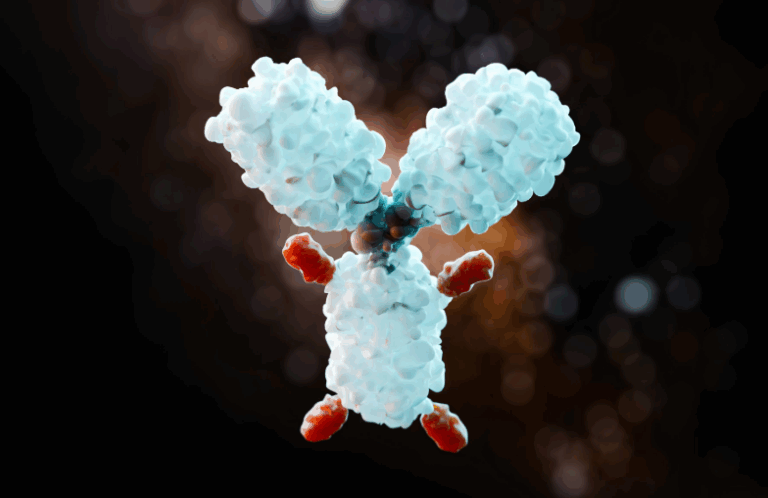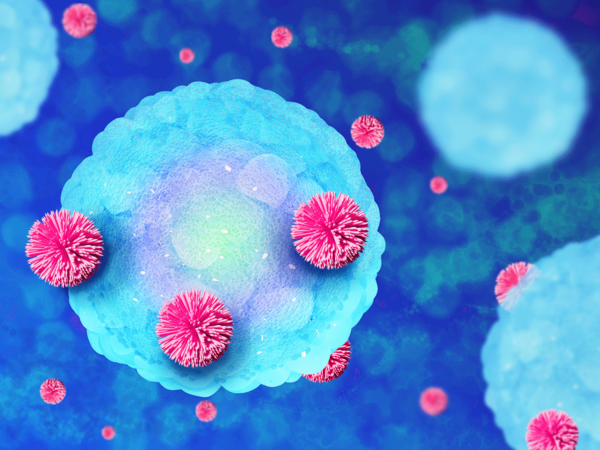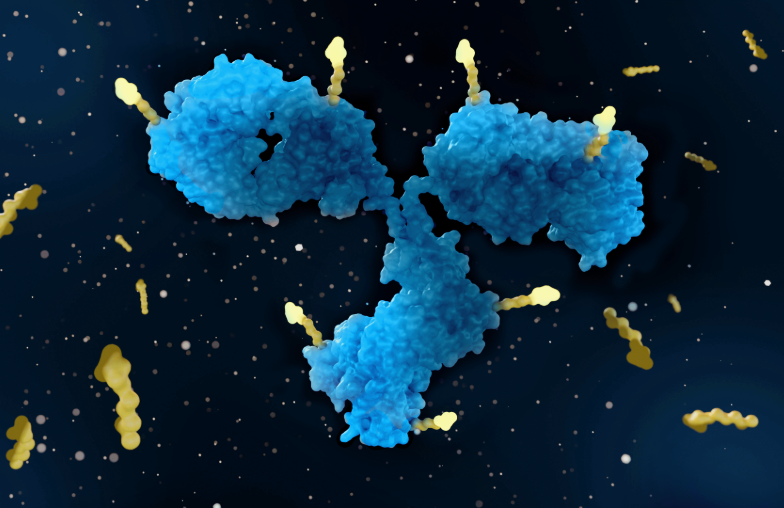How ADCs are redefining cancer therapy
Cancer treatment is undergoing a transformation, fueled by advances in targeted therapies, immunotherapies, and personalized medicine. However, patients facing aggressive or treatment-resistant cancers still encounter limited options. In this evolving landscape, Antibody-Drug Conjugates (ADCs) are emerging as one of the most promising breakthroughs in oncology.
There are over 1,100 ADC therapies in development and nearly 3,000 clinical trials active worldwide, backed by an annual R&D investment exceeding $10 billion. As a result, ADCs have become a leading force in oncology innovation. At Catalyst Oncology, ADCs are a cornerstone of our targeted therapy portfolio, with numerous active trials operating across 11 countries and enrolling over 1000 patients globally.
A brief history of ADCs
While ADC research began in the 1980s, the first FDA approval wasn’t granted until 2000, when Mylotarg was approved for acute myeloid leukemia. Following a temporary withdrawal due to safety concerns, it was re-approved in 2017 with an adjusted dosing regimen. The 2010s marked a turning point, as advances in linker and payload technology led to the approvals of Adcetris (2011) and Kadcyla (2013), establishing ADCs as effective treatments for both hematologic and solid tumors. Since then, the field has accelerated rapidly with more than 14 ADCs now approved and commercially available and hundreds more in development. This momentum is reflected in Catalyst’s growing portfolio of ADC trials, several of which are already showing promising results.

A breakthrough in cancer treatment
ADC therapy marks a significant advancement in cancer treatment, combining the specificity of monoclonal antibodies with the potency of cytotoxic drugs to precisely target and kill cancer cells while sparing healthy tissue. This targeted delivery not only reduces side effects but also enables the use of highly toxic agents that would be unsafe if administered systemically. The modular design of ADCs supports rapid innovation, enabling customization across a wide range of diverse cancer types and patient populations.
Despite their growing promise, ADCs face several scientific and operational challenges that can limit their broader adoption and complicate clinical development.

Despite their growing promise, ADCs face several scientific and operational challenges that can limit their broader adoption and complicate clinical development.
ADCs depend on consistent expression of specific antigens on cancer cells. However, many tumors exhibit heterogeneous antigen expression, which can lead to incomplete targeting and reduced efficacy. Some next-gen ADCs are being developed to recognize two different antigens, increasing the chance of binding in tumors with variable expression.
Tumors may develop resistance to treatment by downregulating or mutating the target antigen, altering internalization pathways, or increasing drug efflux. These changes can make treatments less effective over time and make trial data harder to interpret. One key strategy involves harnessing the bystander effect, where membrane-permeable payloads diffuse out of the targeted cancer cells and exert cytotoxic effects on adjacent tumor cells that do not express the antigen, thereby broadening the therapeutic reach within heterogeneous tumor environments.
Operational complexity in clinical trials
Clinical trials involving ADCs are operationally complex, requiring meticulous planning and coordination to effectively manage challenges related to patient selection, cohort management and safety oversight.
Emerging trends in ADC therapy
As the field of ADCs continues to evolve, researchers and developers are exploring new strategies to enhance efficacy, reduce toxicity, and expand therapeutic applications. Key areas of innovation include novel payloads (e.g., immune-stimulating and RNA-based agents), dual-targeting and bispecific designs, combination regimens, expansion into non-oncology indications, smarter linker technologies, and improved conjugation and manufacturing methods.
The potential of ADC therapy to reshape cancer care is becoming increasingly clear. While scientific and operational hurdles remain, ongoing innovation and improvements in clinical trial design are rapidly expanding the therapeutic reach of ADCs. With continued investment and collaboration across research, clinical, and regulatory domains, ADCs are poised to become a foundational element of precision oncology, with potential applications that may extend even further.
Ready to accelerate your ADC program?
Discover how Catalyst Oncology can support your next ADC trial by contacting us today at https://catalystcr.com/catalyst-oncology/contact-oncology/.




